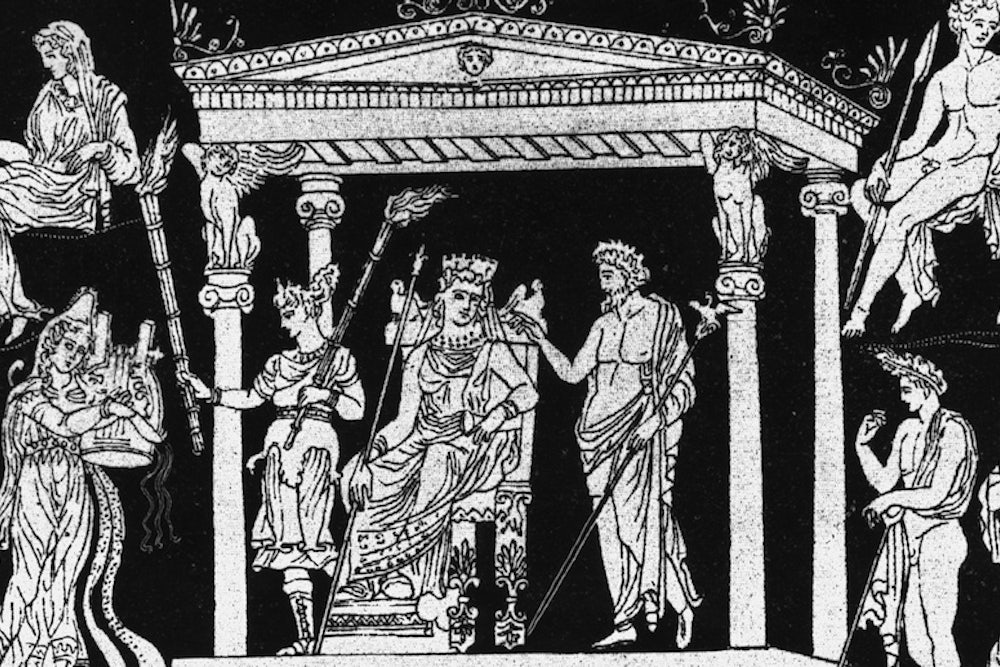The knock on Richard Powers is that his novels don’t sustain the weight of their ambitions. He produces hefty tomes every few years that delve deep into science, myth, medicine, and music without exhibiting much perception about the actual human experience. His latest, Orfeo, is classic Powers: a modern (loose) retelling of the myth of Orpheus—the story of a retired composer who becomes the subject of a high-stakes national security investigation due to his extracurricular dabbling with biochemical agents. The book is told in parallel strains, alternating between the composer’s childhood, young adulthood, and early career, and his present-day flight from the sinister authorities. There’s plenty of fodder here for Powers’s critics: His protagonist’s search for meaning in the universe—his grappling toward a sense of what can be reduced to atomic structures or musical notation and what can’t—is at times painfully explicit. But while Powers doesn’t deliver a finely calibrated novel of ideas, Orfeo is admirable rather than reprehensible for its sprawling, unwieldy mix of musical theory, myth, and personal journey. Few other contemporary novelists possess the knowledge or inclination to pack so much sheer information into their books. It can come off as pretentious: “She had a nice, warm soubrette, but a hint too light and Papagena for his Borges songs,” the protagonist assesses when a soprano student auditions for one of his compositions. But the occasionally overworked riff is not a bad price for such expansive novelistic intentions.
Too Much Ambition Doesn't Always Break a Novel

Hulton Archive/Getty Images
W.W. Norton & Company